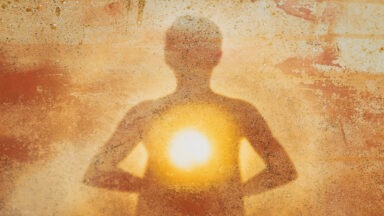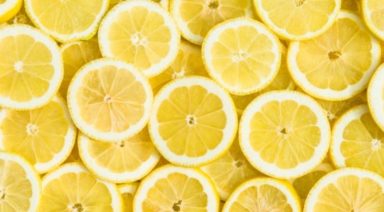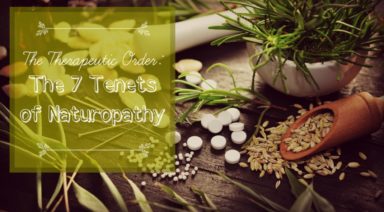Study Finds Lack of These Two Gut Bacteria May Lead to Depression

As studies of our microbiota become more focused, scientists have realized that our guts are inextricably linked to the brain and its functions. We now know our gut definitively factors into decision making, though we’ve probably known this informally for hundreds of years, hence the phrase “go with your gut instinct.” And now a new study believes it has pinpointed two specific species of bacteria that, when missing from our microbiome, may lead to depression.
According to the study recently published in the journal Nature Microbiology, out of a group of 2,000 participants, researchers found that those reporting symptoms of depression were lacking two particular strains of bacteria in their gut – Coprococcus and Dialister.
Coprococcus in particular was found to be a pathway for dopamine, the neurotransmitter believed to play a role in our brain’s reward system – one that’s known to dysregulate in people experiencing depression.
Though their results are only early indicators that will require significantly more research to be applicable for any future treatment, these two bacterial strains could lead to a future in which doctors might prescribe probiotics to treat mental disorders, or what some are referring to as “psychobiotics.”
The ability for our gut bacteria to send neurotransmitters between the brain and our gut’s brain, the enteric nervous system, is not found in bacteria outside of our guts and is believed to have evolved as we did.
This enteric nervous system, often called our second brain, contains somewhere in the range of 200 to 500 million neuronal pathways of its own – about the same as a dog’s brain – and communicates with the cerebellum through a two-way highway called the vagus nerve.
Our gut microbiome has something in the range of 500 to 1000 different species of bacteria, with scientists continuously discovering new ones. And in this most recent study, of the more than 500 strains tested, 90 percent of those strains were capable of producing neurotransmitters.
These bugs in our gut form somewhere in the range of three to five pounds of biomass and have essentially evolved to control our behavior. Along with the fungi, viruses, archaea, and other microbial cells, our guts are believed to contain somewhere in the range of 37 trillion bacterial cells. And unless we proactively maintain them, losing diversity in our microbiota can have severely negative side-effects. Now we’re closer to knowing that depression may be one of them.
Scientists Make New Discovery in Efficacy of Sound Healing

Exciting new research and cutting-edge technologies show just how powerful sound, vibration, and frequency are in facilitating healing and expansion of consciousness.
Sound has been used for millennia as a powerful tool for physical healing and spiritual awakening. Today, new research into the science of sound, as well as emerging technologies to deliver personalized sound healing, has revolutionized the ancient practice.
Dr. Jeffrey Thompson is a renowned sound healer who has, over the last 40 years, pioneered a range of remarkable discoveries in the field. He explains how our connection to sound begins before birth.
“My total experience in the womb, and for all of us, is baptized by sound and vibration. My ears are hearing it, and the largest sensory organ of my body, my skin, is feeling it. That’s my whole experience for nine months. I think that’s why sound is the most powerful clinical tool; sound is bigger and more powerful than all of them,” Thompson said.
The mechanism by which sound brings about physical healing has been studied for decades and is continually being refined by new scientific findings.
“When a cell goes into a healing response, it increases its metabolism and its intake of food, expelling of waste, and rebuilding of tissue, so it’s raising its energy up. Sound waves can raise it to its highest possible potential that is way higher than the cell can do on its own, so we’ve just created a super-healing state,” he said.




































